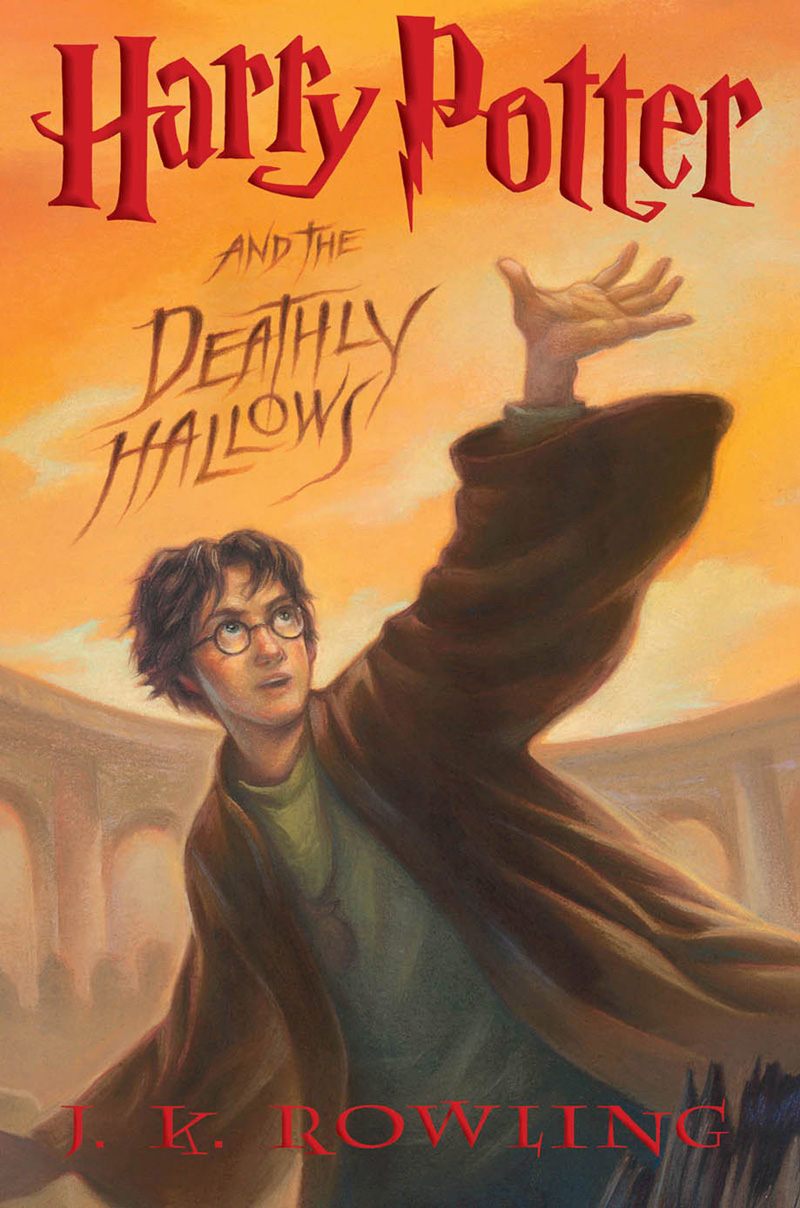The first stanza of William Blake’s The Divine Image shows how important are the graces of “Mercy, Pity, Peace, and Love,” to humanity; not only does man call upon them for aid in times of “distress,” he also attributes prosperity and happiness to them when he is not in need (85). The first stanza of The Human Abstract, on the other hand, points out that man wouldn’t need graces such as pity or mercy if there weren’t inequalities between men such as poverty: “Pity would be no more, / If we did not make somebody Poor” (95). This is paradoxical to the second stanza of The Divine Image, which sets up “Mercy, Pity, Peace, and Love” as ideals that man should strive to practice because God is comprised of these qualities and man is God’s creation (85). The paradox suggested by the first stanza of The Human Abstract is that in order for these graces to exist there must be poverty and suffering, because “Mercy no more could be / If all were as happy as we” (95).
The final three stanzas of The Divine Image call for all humans to love one another because if man is both capable of practicing the four graces mentioned above, and if “every man, of every clime, / That prays in his distress” calls upon those same graces, then all men are really praying to the same God, whether “heathen, Turk, or Jew” (85). He also states that God is in all men: “Where Mercy, Love, and Pity dwell, / There God is dwelling too” (85). This call to all humans is shown to be idealistic in light of what Blake says about humans in The Human Abstract, which suggests the true nature of man rather than the ideal. Here Blake states that man is only humble when he has “holy fears,” i.e. when he remembers that he doesn’t want to spend eternity in Hell; his humility is based in selfishness rather than genuine respect for God (95). Out of selfishness grows a tree which shades man in “Mystery,” or evil, and which “bears the fruit of deceit” (95). Blake ends the poem with a vivid image of this tree as part of “the human Brain,” which is different from the end of The Divine Image, in which he calls upon man to “love the human form,” with the word “form” meaning either a body or an ideal. By stating that a tree bearing deceit lies in the human brain, The Human Abstract warns that though this “form” represents a divine ideal, though this body may be the image of God on the outside, inside it dwells not only God but also this tree of deceit.













No comments:
Post a Comment